Cockburn was surprised to learn the war in Israel has a more global impact than he had previously imagined. The carnage in Gaza is affecting the way that Indian women living in the United States celebrate Diwali, at least according to the Canadian-Indian poet Rupi Kaur. South Asian women are now the latest group with a moral imperative to weigh in on the war.
Kaur’s crusade to involve an Indian holiday in a regional conflict all started when the internet poet, famous only to her 4 million Instagram followers and readers of New York women’s websites, rejected an invitation to a Diwali celebration that will be hosted by Kamala Harris on Wednesday.
“I’m surprised this administration finds it acceptable to celebrate Diwali, when their support of the current atrocities against Palestinians represent the exact opposite of what this holiday means to many of us,” Kaur said in a post on X. She added that the US should support a humanitarian ceasefire in Gaza.
For those unsure how Diwali connects to war in Israel: the Hindu holiday celebrates lights victory over darkness and knowledge triumph over ignorance. Cockburn supposes that it also must celebrate Palestine’s victory over the evil state of Israel — given how famously Muslims and Hindus get on in India. Kaur herself said she often uses the Diwali holiday “to reflect on what it means to fight for freedom against oppression.”
Reading Kaur’s poetry, if you can call it that, also explains her position on the conflict. The poet laureate of Instagram rose to fame in 2014 after the platform removed an image depicting her clothes and bedsheets covered in menstrual blood. Since then, she has posted mostly short and always trite poems composed of monosyllabic words on social media. The New Republic named her the “writer of the decade” in 2019. Cockburn agrees with the honorific only as far as it shows the vapidity of a generation consumed by the internet. Even his nieces think she’s dull.
She had, however, posted poems that suggested her support for Palestine previously:
Kaur encouraged other women to stand up to the White House celebration in her post. “I will not allow my likeness to be used in whitewashing the administration’s actions,” Kaur said. “We must not be tokenized by their photo-ops.”
In response, Netflix actress Richa Moorjani said she would boycott the event, and Brown Girl Magazine said it had also declined an invitation.
Cockburn feels compelled to finish with a poem:
how can we
come together
to celebrate knowledge over ignorance
when all our opinions
and views
come from instagram
– cockburn



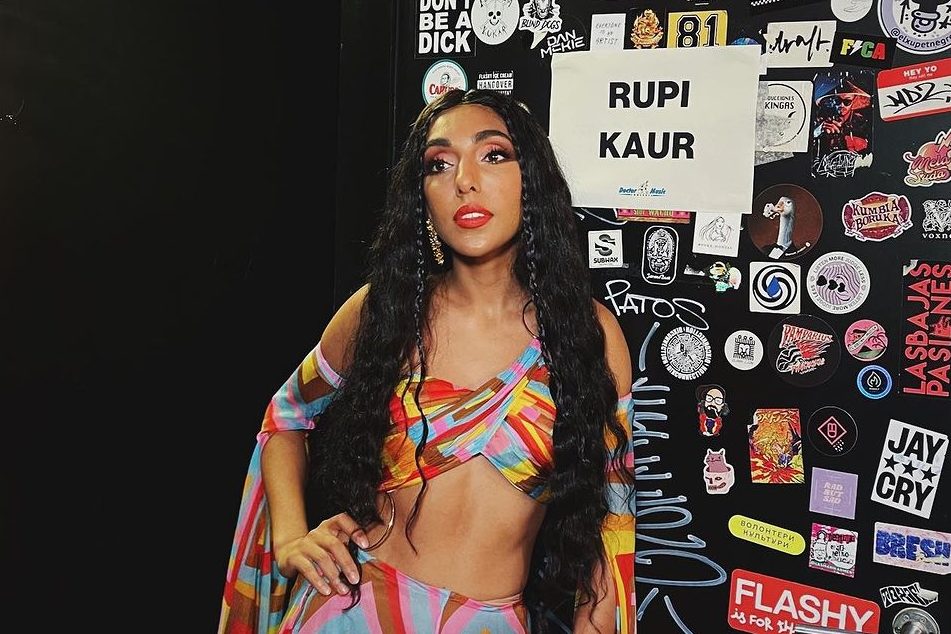







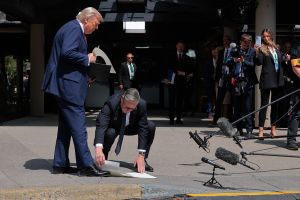



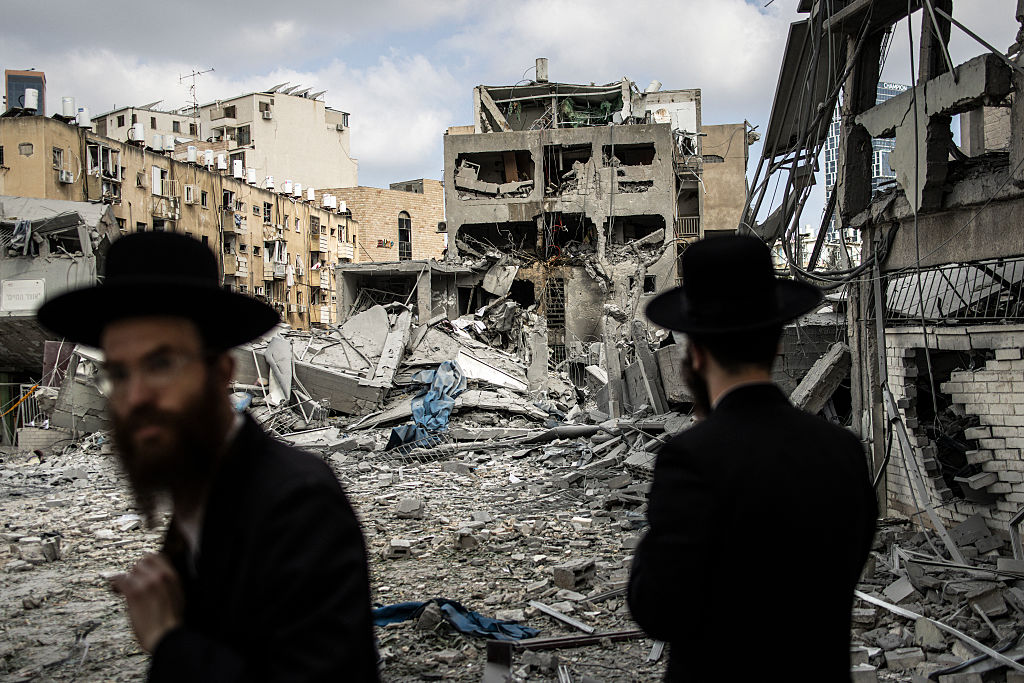
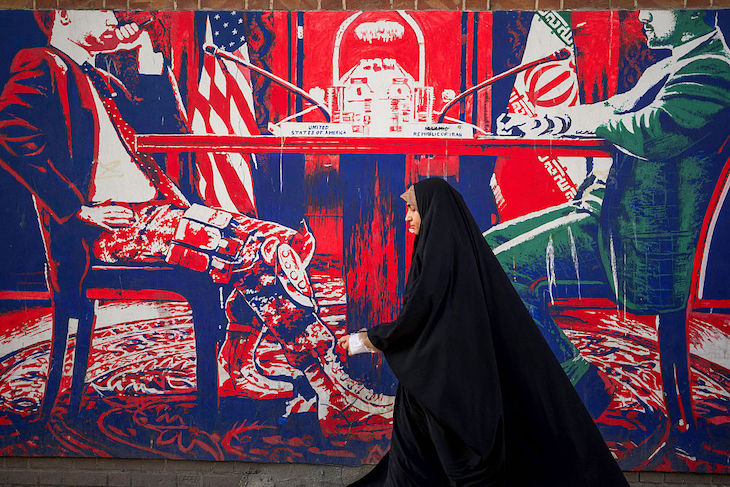
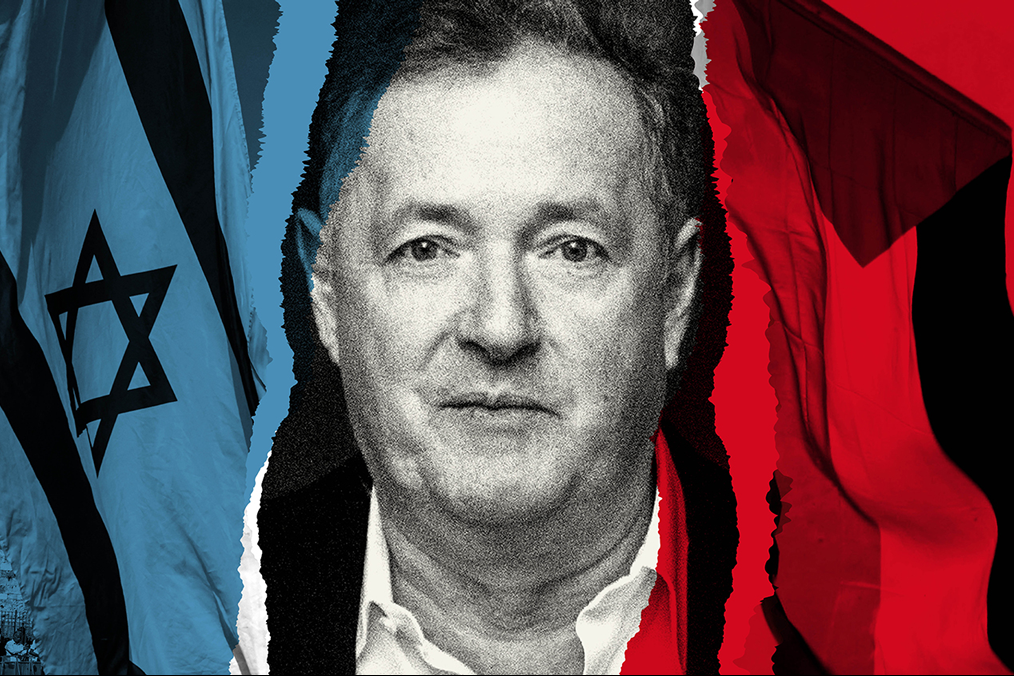
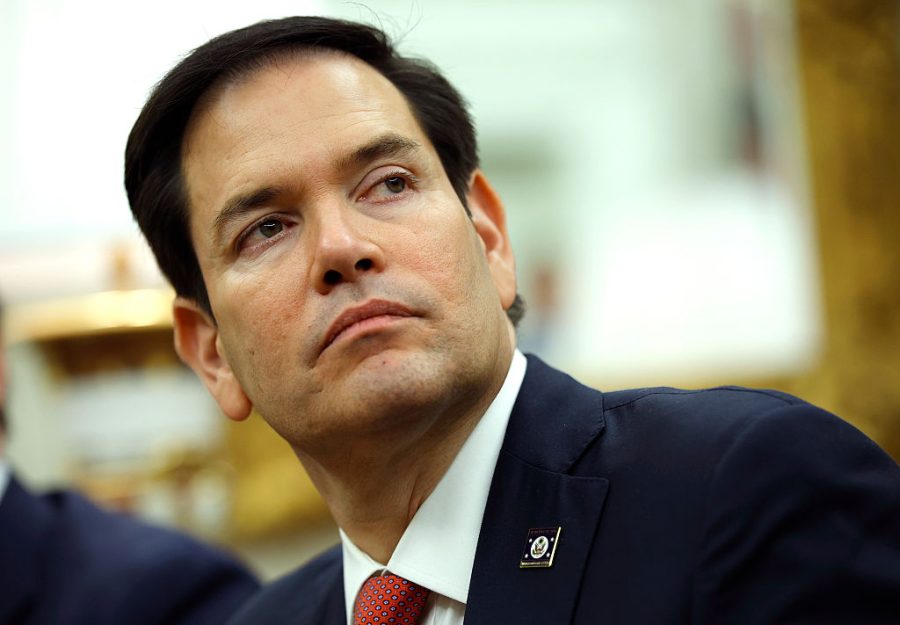







Leave a Reply